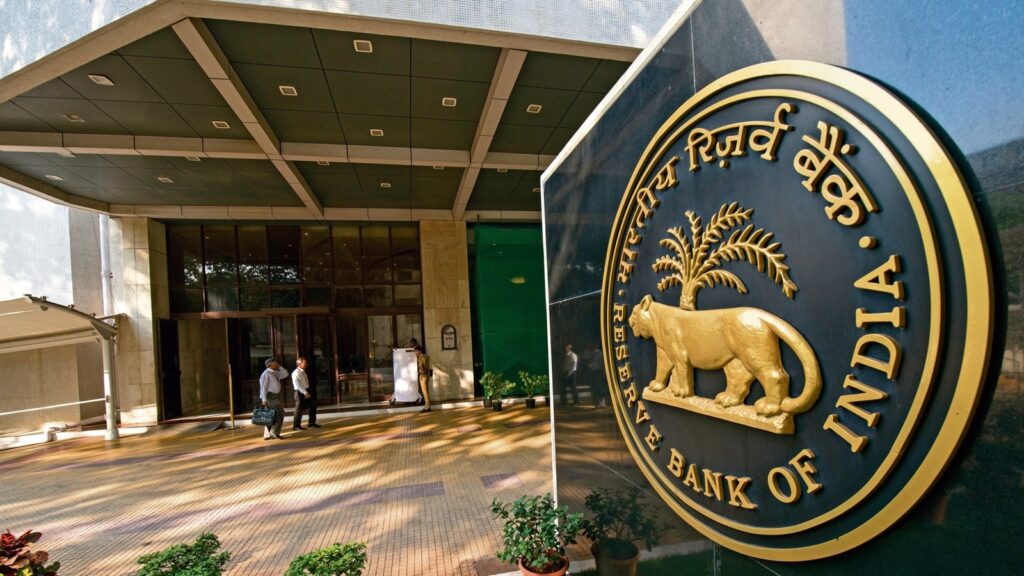Finance Desk – Indian regulators are delaying full cryptocurrency rules because they fear regulation might make digital assets look legitimate and create big risks for the financial system, according to a Reuters report citing official documents.
The Reserve Bank of India (RBI) believes that managing crypto risks through regulation would be difficult. The documents say that while a total ban could address the dangers of speculative crypto trading, it would not stop peer-to-peer transfers or transactions on decentralised exchanges.
At present, India has no comprehensive crypto law, but there are restrictions. The government charges a 30% tax on profits from digital assets and requires foreign crypto exchanges to register with Indian authorities. The Financial Intelligence Unit (FIU) has also blocked major global platforms like Binance and KuCoin in the past for failing to register. Both have since returned after meeting compliance rules.
Anti-Money Laundering (AML) regulations also apply to all crypto businesses operating locally. Despite the government’s tough stance, India ranks first in global crypto adoption, as per Chainalysis’s 2025 Geography of Crypto Report. Some politicians have even disclosed their holdings — for example, Minister Jayant Chaudhary’s portfolio grew 19% to about $25,500.
Industry experts say that while adoption numbers are high, actual usage in India is not as strong, pointing to a gap between statistics and reality. Mithil Thakore, CEO of Velar, called it a “paradoxical crossroads” for the country.

